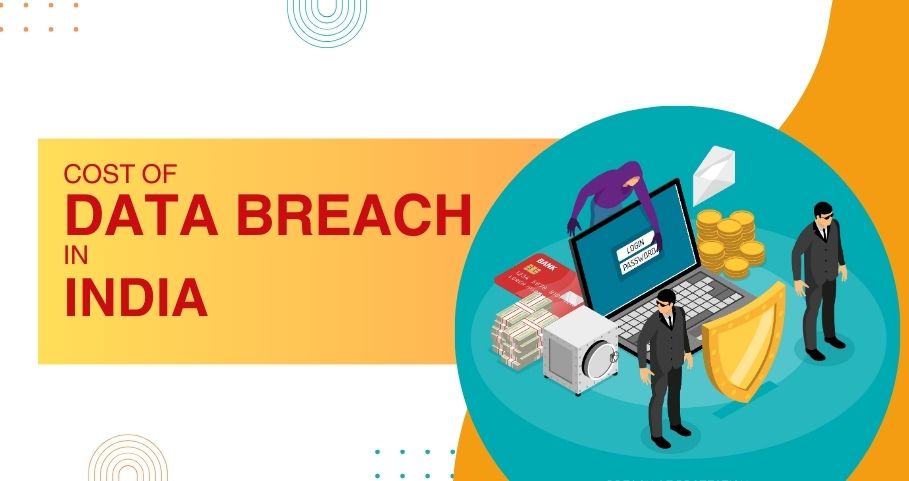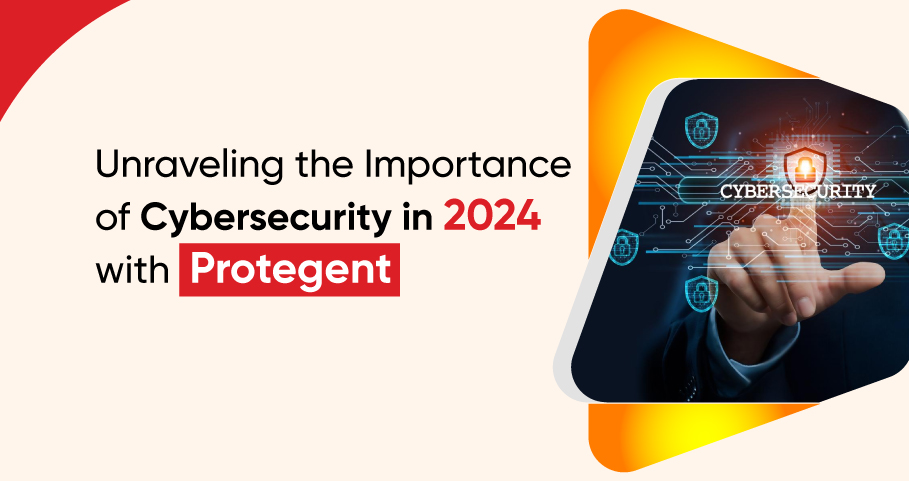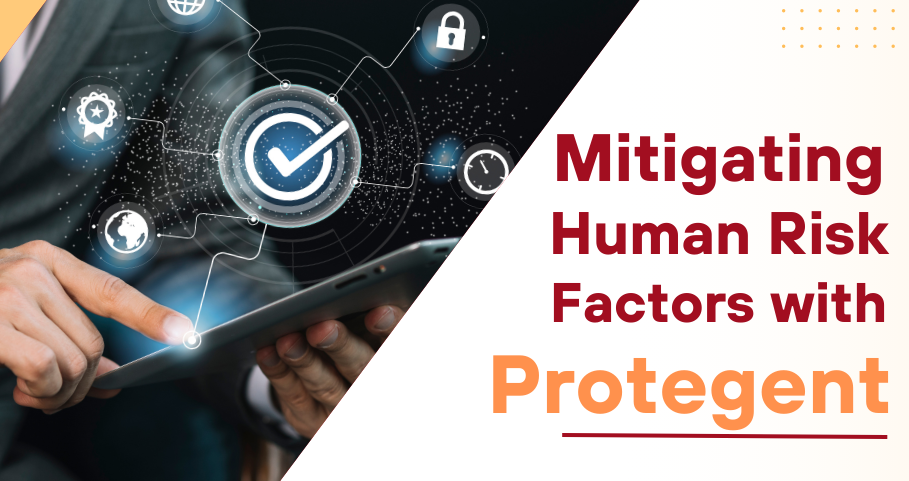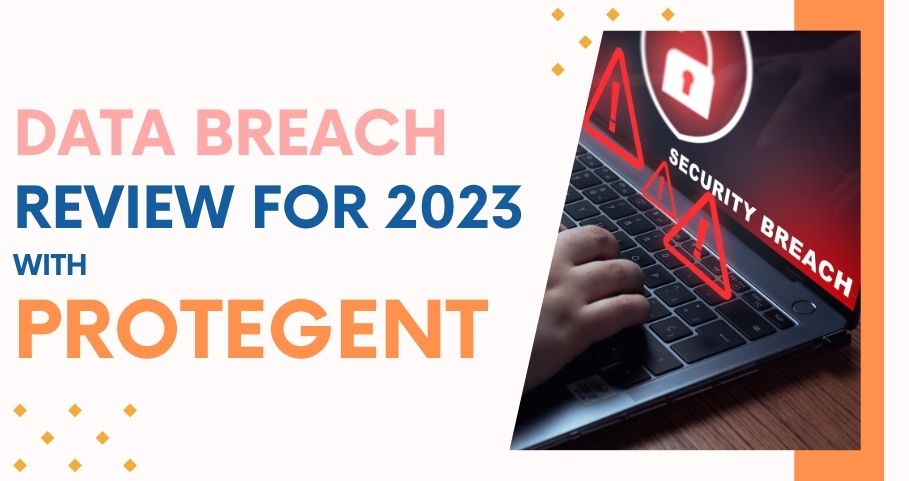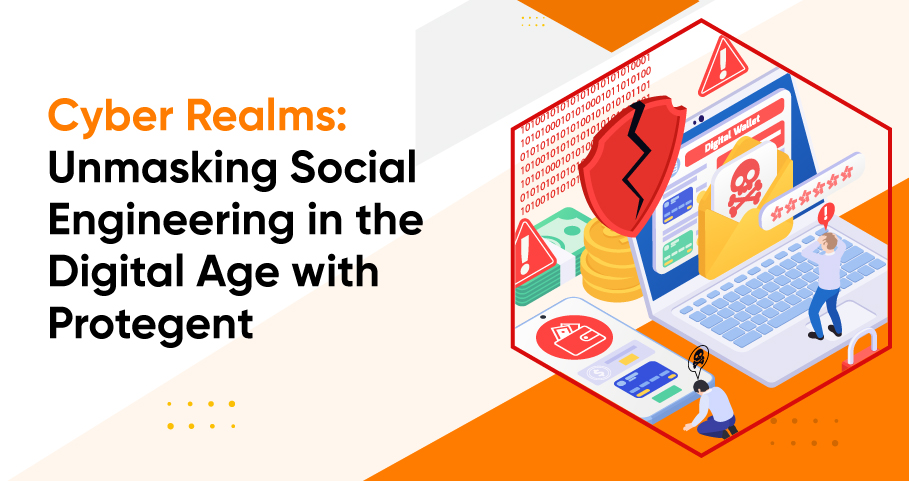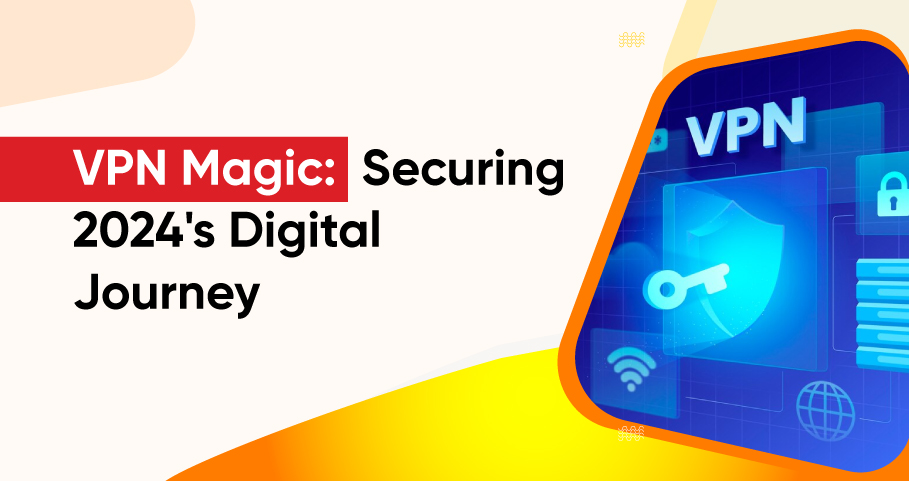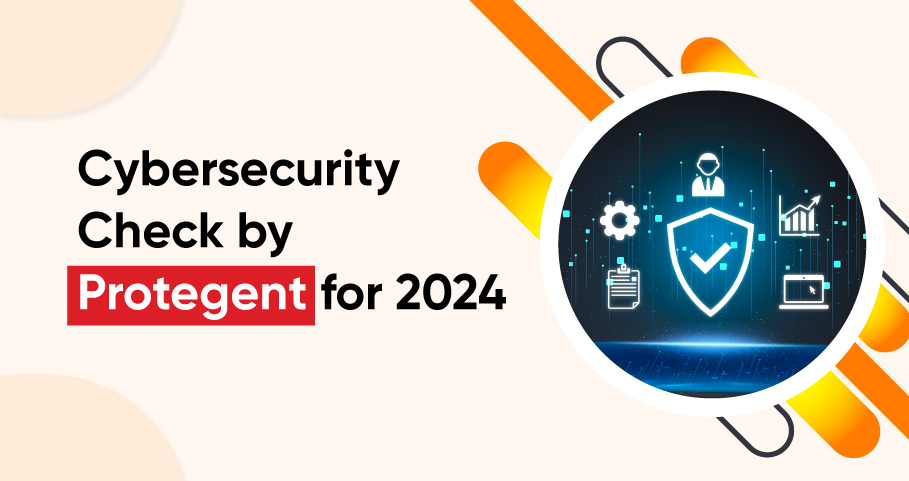What Is the Average Cost of a Data Breach in India? Protegent Insights
As per the findings outlined in the 2022 IBM Security Data Breach Report, India has witnessed a significant surge in the average cost of data breaches, reaching a record high of Rs. 17.6 crore (equivalent to Rs 175 million or approximately $2.2 million) during the fiscal year 2022. This escalation in data breach expenses underscores the pressing need for heightened cybersecurity measures and strategic investments to safeguard sensitive information in the evolving digital landscape. This marks a 6.6% rise compared to the Rs. 16.5 crore figure reported last year and reflects a 25% increase from the average cost of Rs. 14 crore in 2020, according to analysts at IBM. Moreover, the average cost of a per-record data breach in India has surged to its highest level in 11 years, standing at Rs. 6,100. This represents a 3.3% uptick from the Rs. 5,900
Read More

